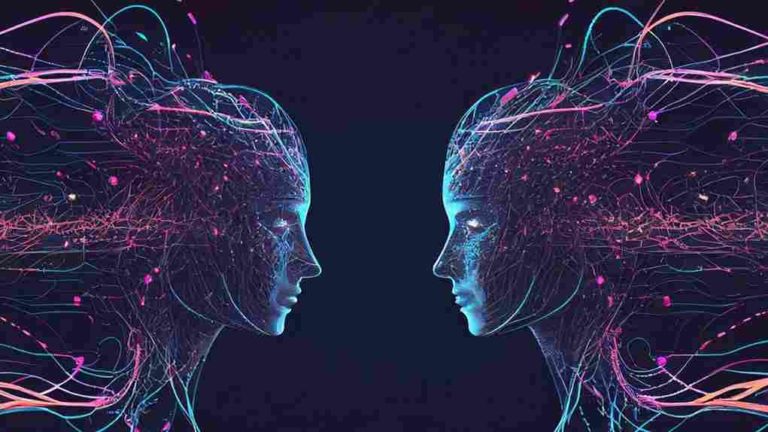ChatGPT’s Memory Upgrade: A Leap Towards Human-like Interaction and the Promise of General AI
In a groundbreaking development, OpenAI has unveiled a significant upgrade to ChatGPT, pushing the boundaries of artificial intelligence closer to achieving a semblance of human-like memory. This transformative shift not only enhances ChatGPT’s ability to retain information about users’ preferences but also marks a potential first step toward the elusive goal of General AI.
Described as a move towards making ChatGPT more akin to a trusted assistant, the update allows the language model to remember not only explicit user instructions but also subtle details shared across various conversations. Users may find the AI retaining information such as personal preferences or even specific anecdotes, creating a more personalized and engaging conversational experience.
The memory upgrade introduces a dynamic aspect to interactions, eliminating the need for repetitive information sharing. OpenAI emphasizes that the memory feature is applied to future prompts, enabling ChatGPT to provide more contextually relevant and tailored responses. For instance, if a user mentions having a giraffe-loving three-year-old, subsequent conversations may include suggestions related to giraffes, demonstrating the practical application of ChatGPT’s memory in generating context-aware responses.
However, OpenAI acknowledges potential concerns surrounding privacy and has implemented a “Temporary Chat” mode, allowing users to opt-out of the memory feature. This feature grants users control over the extent to which ChatGPT retains and utilizes personal information, mitigating privacy-related apprehensions.
The update not only impacts the standalone ChatGPT but also extends to OpenAI’s new GPTs, enabling developers to incorporate memory capabilities into custom AI applications. Despite the promising advancements, OpenAI is committed to addressing biases and ensuring responsible usage, assuring users that sensitive information will not be proactively remembered unless explicitly requested.
While the introduction of memory to ChatGPT signifies a notable stride towards humanizing AI interactions, it also prompts ethical considerations. Striking the right balance between helpful memory recall and respecting user privacy remains a challenge. As OpenAI tests this feature among select users, the broader rollout timeline and potential refinements are yet to be disclosed.
In the ever-evolving landscape of artificial intelligence, ChatGPT’s move towards human-like memory stands as a testament to OpenAI’s commitment to advancing the capabilities of generative AI, offering a glimpse into the future where AI becomes not just a tool but a companion with the ability to recall and understand shared experiences.




